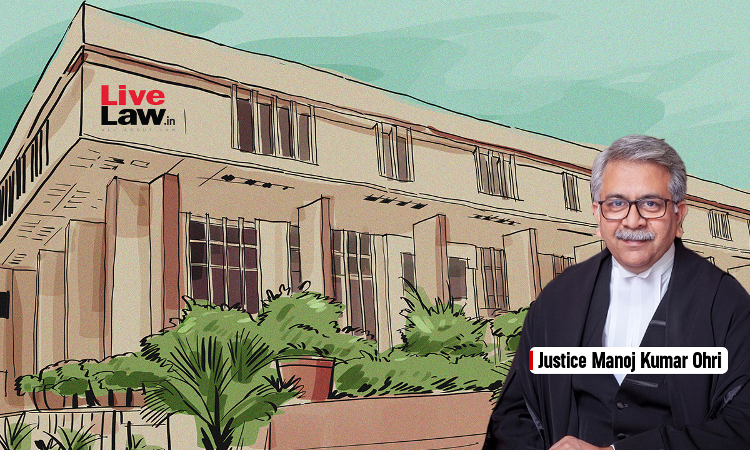- Home
- /
- High Courts
- /
- Delhi High Court
- /
- Omission To Act When Someone Else...
Omission To Act When Someone Else Commits An Offence In Furtherance Of Common Intention Attracts S.34 IPC; Presence Not Necessary: Delhi HC
LIVELAW NEWS NETWORK
30 Aug 2025 4:10 PM IST
The Delhi High Court has held that merely standing guard or omitting to act when someone else commits an offence in furtherance of their common intention would be sufficient to attract liability under Section 34 IPC.Justice Manoj Kumar Ohri observed,“Every person charged for an offence by invoking Section 34 IPC must participate in some form or other in the offence to make him liable....
The Delhi High Court has held that merely standing guard or omitting to act when someone else commits an offence in furtherance of their common intention would be sufficient to attract liability under Section 34 IPC.
Justice Manoj Kumar Ohri observed,
“Every person charged for an offence by invoking Section 34 IPC must participate in some form or other in the offence to make him liable. Giving the actual blow or even physical presence on the spot is not necessary. Merely standing guard or omitting to act when someone else commits an offence in furtherance of their common intention would be sufficient to attract liability under Section 34 IPC.”
However, it cautioned that common intention as well as some participation, both need to be proved.
The bench was dealing with appeals preferred by two convicted under Section 325 (grievous hurt) read with Section 34 (common intention) IPC and sentenced to undergo rigorous imprisonment for 6 months.
As per prosecution, all the accused persons including the appellants were quarreling with the complainant's wife and when he intervened, they quarreled with him and eventually, the juvenile among them inflicted a blow on the complainant's head.
The High Court noted that the complainant had failed to attribute any act, overt or covert, to the appellants, which is necessary to attract Section 34 IPC. There are two requirements of the Section, it said.
“Firstly, there must exist a common intention i.e., some pre-arranged plan. Secondly, the person sought to be held liable had participated in some manner in the act constituting the offence. The common intention should be formed prior to the commission of the act, but the gap need not be large. It can form on the spot as well.”
In the case at hand however, the Court said, the only common act the complainant had attributed to them was quarrelling. But that does not by itself clothe them with the common intention of causing grievous hurt to the complainant, it added.
“It is not stated that they marched together, or that they were armed with weapons, or they were the ones who inflicted injuries with the danda or the pointed edge weapon. It is not even stated that they stood guard and prevented others from helping the complainant,” the Court said.
As such, it acquitted the appellants.
Appearance: Kumar Gaurav Vimal, Advocate for Appellant; Shubhi Gupta, APP for State
Case title: Ashok Babu v. State
Citation: 2025 LiveLaw (Del) 1046
Case no.: CRL.A. 141/2024



